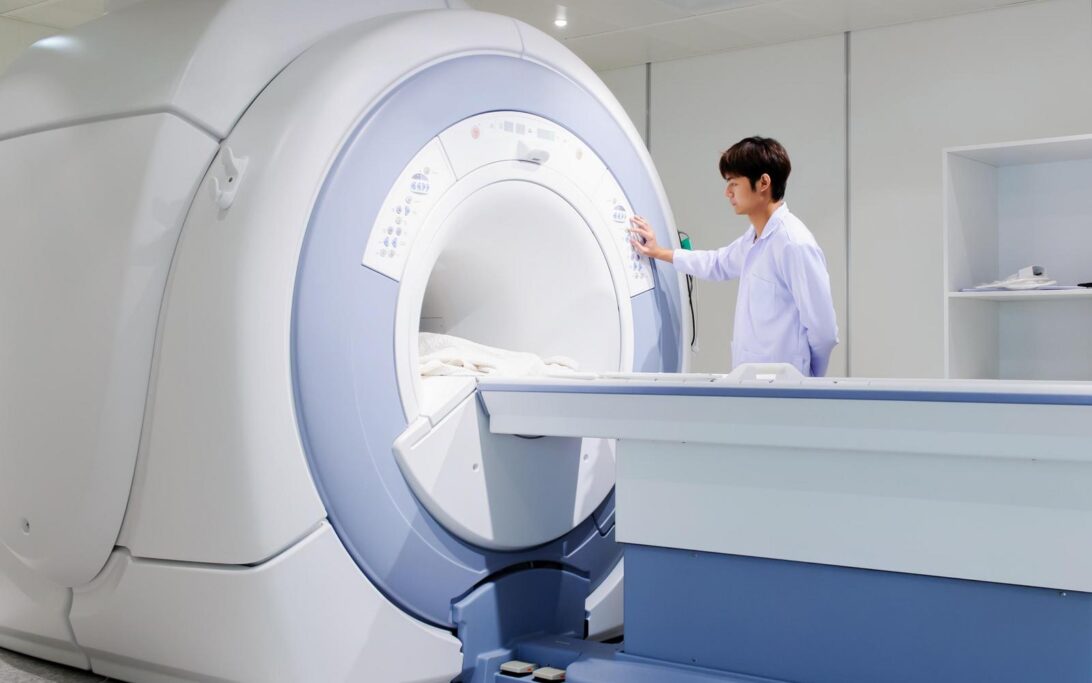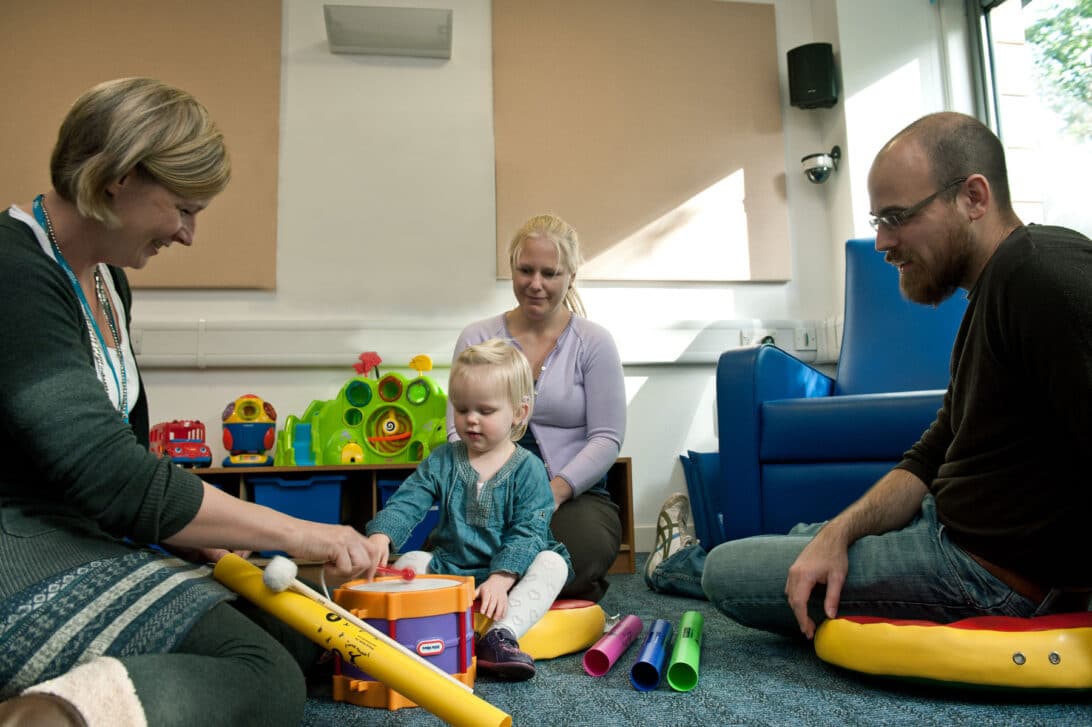
Magnetic Resonance Imaging (MRI) is one of the most important tools that a doctor can use to look inside the human body without surgery. If you have a cochlear implant, you might know that each cochlear implant can only be used at the specific MRI strengths which are approved by regulatory agencies like the FDA*. Read all about the history of MRI and cochlear implants here.

.png)




